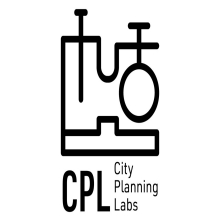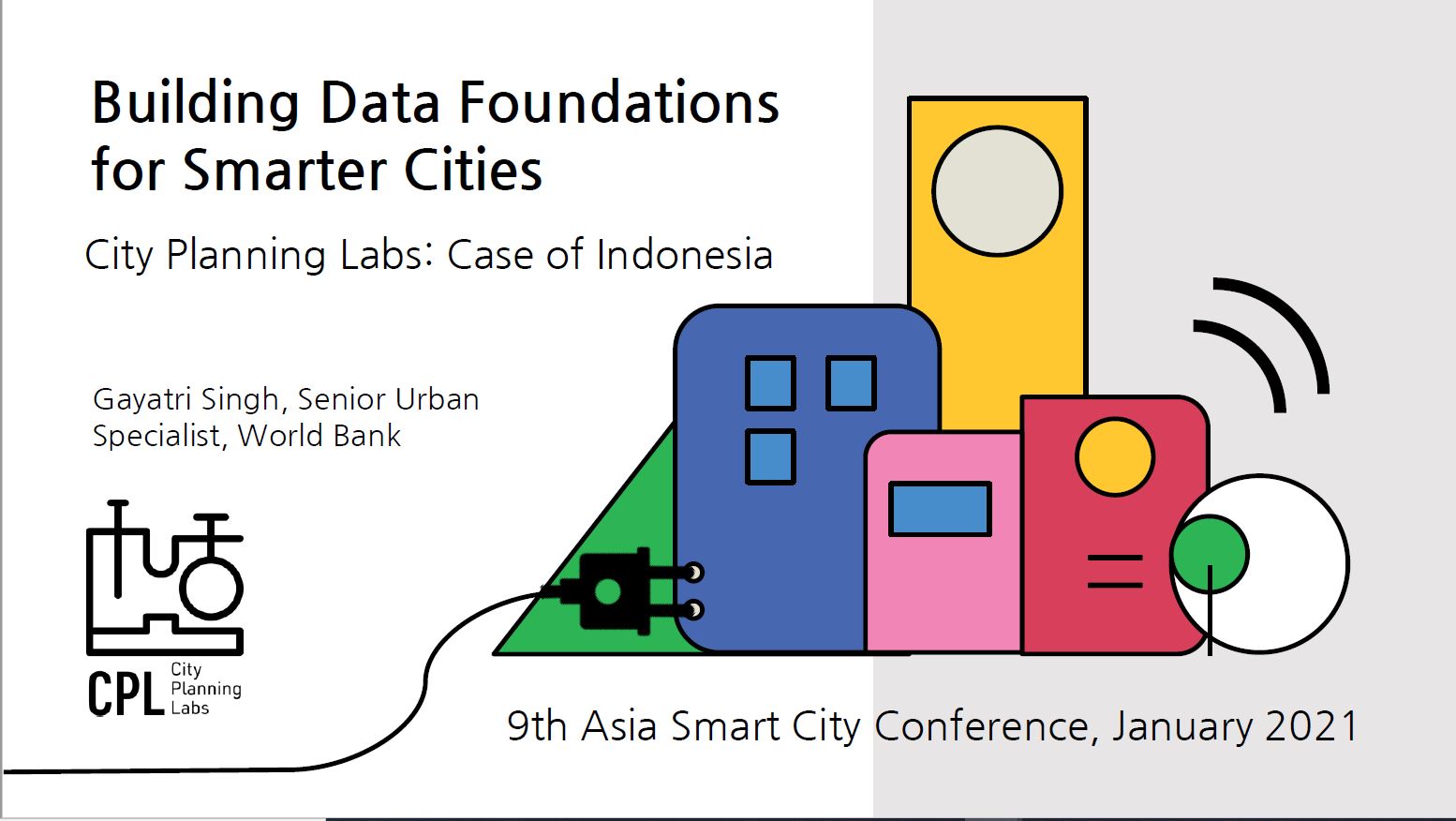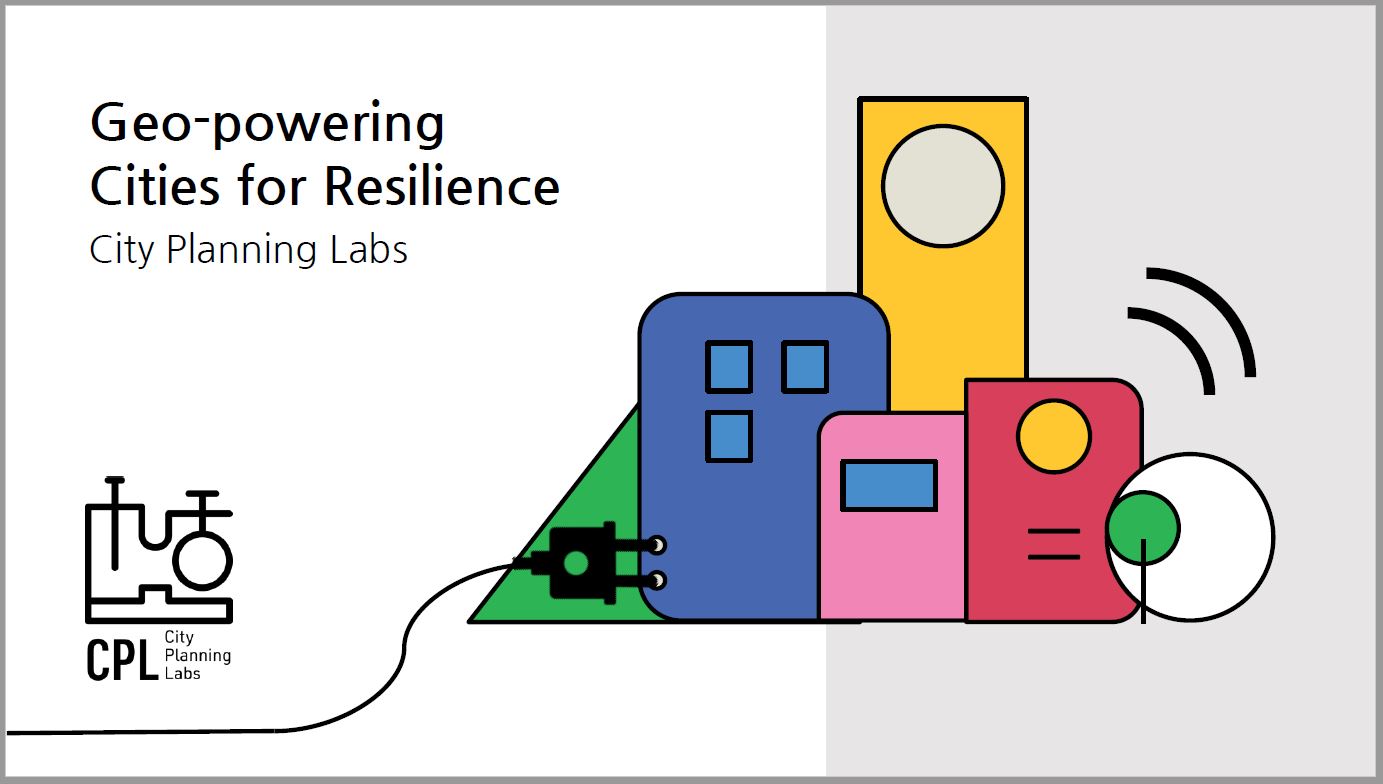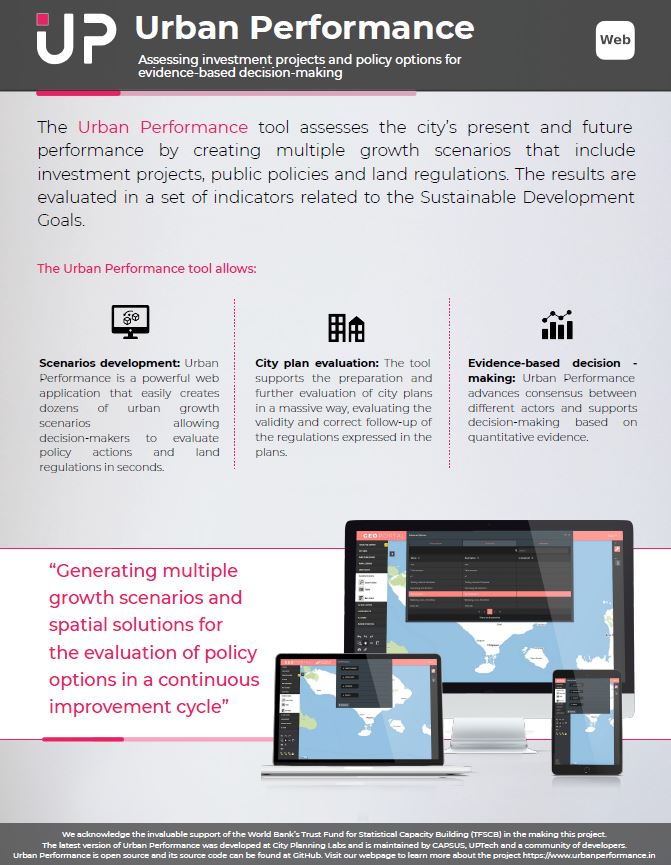What's New
-
[Video] City Planning Labs (CPL) Overview
Danielle Simone Robinson Posted Mar 26 2021, 3:27 PMRead More »0 -
[Presentation] Building Data Foundations for Smarter Cities. City Planning Labs: Case of Indonesia. | 9th Asia Smart City Conference, January 2021
Danielle Simone Robinson Posted Mar 18 2021, 3:18 PMRead More »9th Asia Smart City Conference | January 18, 2021 | 13:55 - 14:40 JST
The theme for this year’s conference is “Building smart cities aiming for carbon neutrality through city to city collaboration under the influence of COVID-19”, following Japan’s pledge made in 2020 to achieve net carbon neutrality by the year 2050. Tokyo Development Learning Center (TDLC), a knowledge sharing program managed by the World Bank’s Urban, Disaster Risk Management, Resilience and Land Global Practice (GPURL) in collaboration with the Global Smart City Partnership Program organized a virtual World Bank session to introduce case studies from Japan and around the world.
World Bank Session Overview: “Pathways to Sustainable Urban Development”
How can Japanese and global best practices be applied to developing countries in order to achieve sustainable urban development under the COVID-19 pandemic? The World Bank session will focus on two specific themes. In these sessions, World Bank urban specialists as well as a city official from Yokohama will discuss key considerations and lessons learned when adopting new technologies and smart solutions to address urban challenges. The themes and speakers for each session are as follows.
Session 1: Applying smart city solutions to developing economies’ sustainable urban development
- Gayatri Singh, Senior Urban Specialist, World Bank
- Mansha Chen, Urban Specialist, World Bank
Session 2: Dialogue on the application of Japanese expertise abroad towards sustainable urban development
- Victor Mulas, Senior Urban Specialist and Team Lead, Tokyo Development Learning Center (TDLC), World Bank
- Toru Hashimoto, Director General, Development Cooperation Department, International Affairs Bureau, City of Yokohama
0 -
[Video] CPL Geo-Powering Cities for Resilience - Session Summary | Understanding Risk Global Forum 2020
Danielle Simone Robinson Posted Mar 18 2021, 3:00 PMRead More »This animation summarizes key messages from CPL's session on "Geo-Powering Cities for Resilience" during the Understanding Resilience Forum 2020.
0 -
[Presentation] CPL Geo-Powering Cities for Resilience | Understanding Risk Global Forum 2020
Danielle Simone Robinson Posted Mar 18 2021, 2:49 PMRead More »Understanding Risk Global Forum 2020
"Geo-Powering Cities for Resilience"
December 3, 2020 | UTC 2:00AM - 3:55AM
During this session, the City Planning Labs (CPL) team discussed how geospatial data ecosystems are key to advance more resilient, sustainable, and smarter cities.
0 -
[Brochure] CPL Urban Planning Tools - Urban Performance Tool
Danielle Simone Robinson Posted Mar 18 2021, 2:39 PMRead More »The Urban Performance tool assesses the city’s present and future performance by creating multiple growth scenarios that include investment projects, public policies and land regulations. The results are evaluated in a set of indicators related to the Sustainable Development Goals.
0





City Planning Labs is a World Bank’s technical assistance initiative established under the Indonesia Sustainable Urbanization Trust Fund funded by SECO. This program aims to strengthen the capacity of local governments to use geospatial intelligence for data-driven planning and efficient prioritization of investments to create more livable, resilient, and sustainable cities.